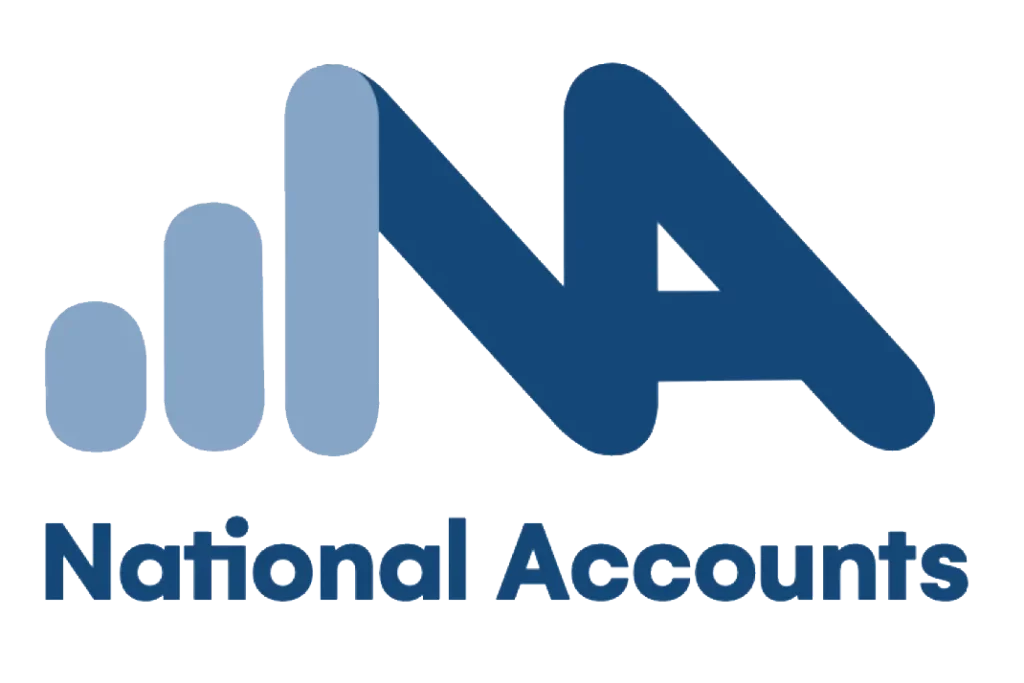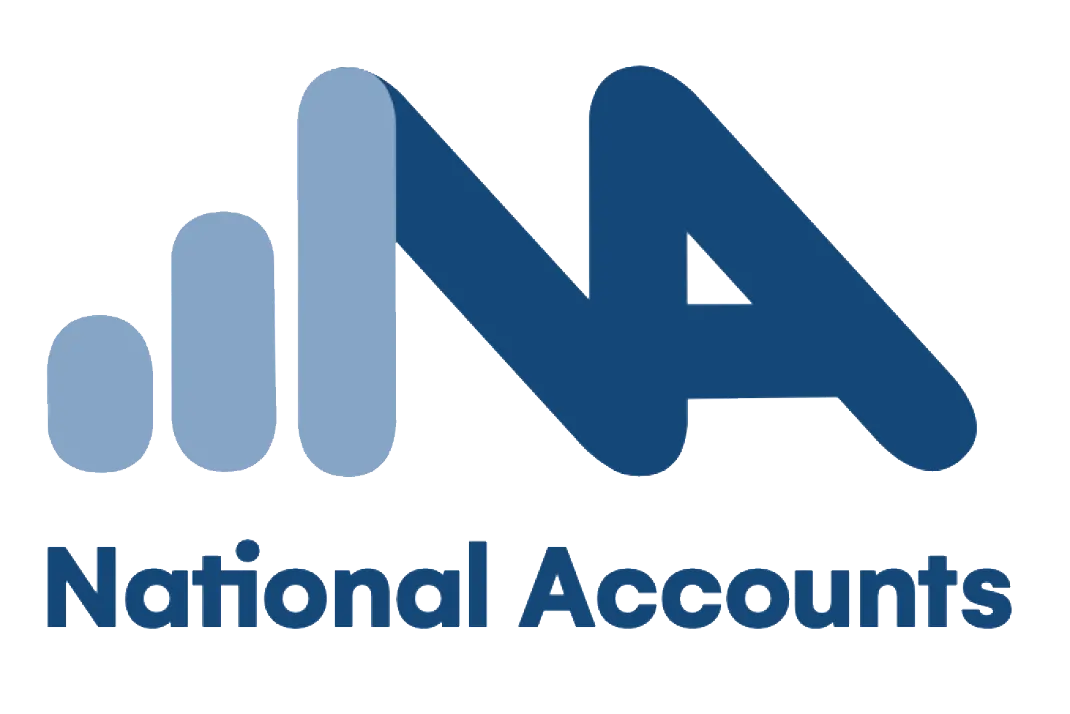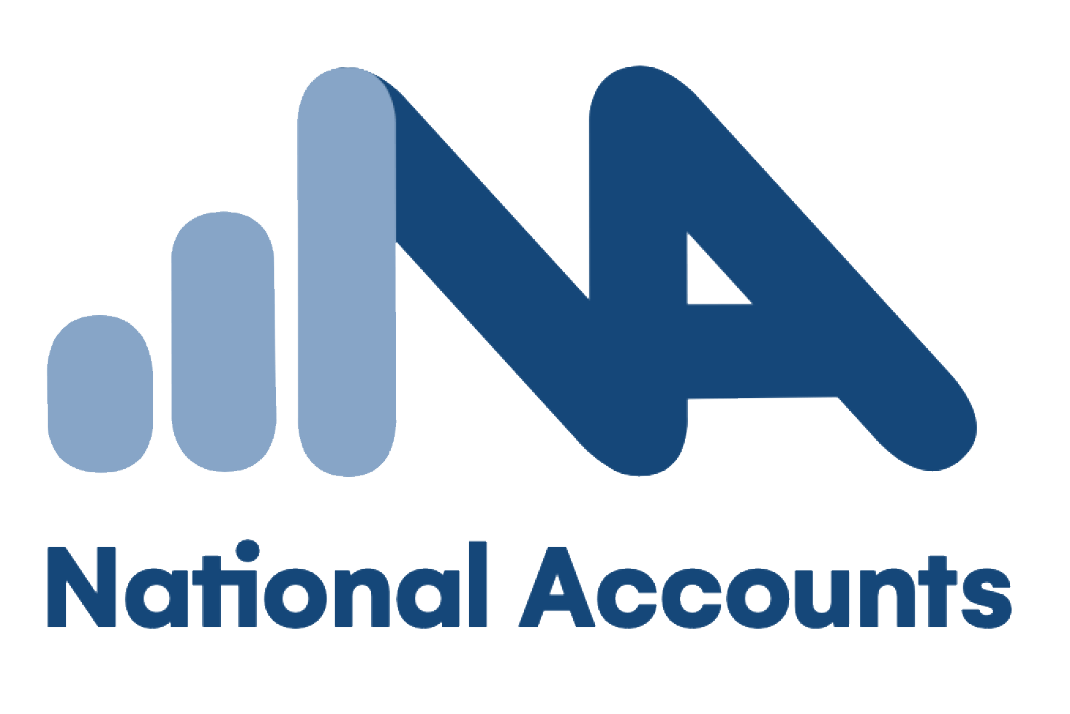As a business owner, you’ve got a lot on your plate. Managing staff, marketing, sales, and of course actually delivering your service or product takes up a great deal of time.
Managing your finances is often the last thing on your list. You catch up on it when you can, but still, your pile of reconciliations to complete, transactions to record, and payments to chase just keeps growing!
But here’s the thing – cashflow is the lifeblood of any business, and if you don’t take proper care of it, you can easily find yourself in a big mess.
Which is why many business owners outsource their bookkeeping. Having someone qualified taking care of your day-to-day financials is a huge weight off any business owner’s shoulders, especially when the business starts growing!
When is a good time to outsource bookkeeping?
When you first start your business, you’re probably able to take care of things yourself. But as you start to grow, it’s a good idea to have a small business accountant in your corner that knows the common financial pitfalls businesses face, and can help you avoid them.
It’s probably time to outsource your bookkeeping when –
- You’re spending more than 2 hours a week doing the books yourself.
- You aren’t sure when money is coming in or going out.
- You’re caught short for wages, tax, and loan repayments.
- Your books are never up to date.
- You’ve missed out on tax write-offs.
- Filing your taxes is harder than a cryptic crossword.
What is bookkeeping?
Bookkeepers are responsible for maintaining accurate and up-to-date records of your business’ financial transactions. They are also responsible for various administrative tasks that are required for this maintenance, including running reports, chasing debts, issuing invoices and credit notes, and much more.
Bookkeepers basically keep the accounting journal that tells the financial story of your business. Having this done for you means that when the ATO, banking lenders, or your accountant looks at your records, you’re reporting the most accurate and truthful information to them. This keeps you out of trouble with the ATO, allows you to keep on top of your financial obligations and cash flow, and enables your accountant to give you the right financial advice for your situation.
How does outsourced bookkeeping work?
Traditionally, businesses would hire an in-house bookkeeper that worked in their office on a full-time or part-time basis. However this working method required businesses to pay salaries and all the expenses connected to maintaining staff.
Outsourced bookkeeping allows business owners to get the benefits of having their own bookkeeper, without having to take on more employees. An outsourced bookkeeper works as a contractor or on a subscription model, which eliminates the cost of keeping an employee. But they are still dedicated to your business in the same way a salaried employee would be.
They access your financial data using cloud accounting, which means they can work from anywhere.
Tasks an outsourced bookkeeper can do for you
Bookkeepers handle a large array of tasks that save you time and money, including:
- Inputting financial information from bank and credit card statements, payroll records, invoices and more.
- Reconciling your accounts to ensure an accurate P&L outlook.
- Ensuring both outgoing bills and incoming invoices are paid when due.
- Providing financial statements at month-end including P&L, balance sheet and cash flow statements.
- Fulfilling the financial reporting required for investors, tax agents, shareholders, accountants, and any other relevant parties.
- Processing payroll and petty cash management.
- Interpreting what the numbers are indicating to help you make better business decisions.
- Looking for ways to better manage your cashflow and advising you on tax savings.
- Keeping your financial records compliant with Australian tax laws.
The bottom line is that your time is valuable, and your financials are too. Hiring an outsourced bookkeeper protects both your time and your money, so you can get on with growing your business knowing that your finances are taken care of.
How to outsource your bookkeeping
At National Accounts, our qualified and experienced bookkeeping service helps small to medium businesses across Australia stay on top of their financial situation. We work in the cloud and are qualified in all major bookkeeping software including Xero, MYOB, and Quickbooks.
Our bookkeeping service also integrates seamlessly with our accounting services to ensure that you’re getting the right financial advice based on your company data.
To discuss hiring an outsourced bookkeeper for your business, contact our friendly team today.




